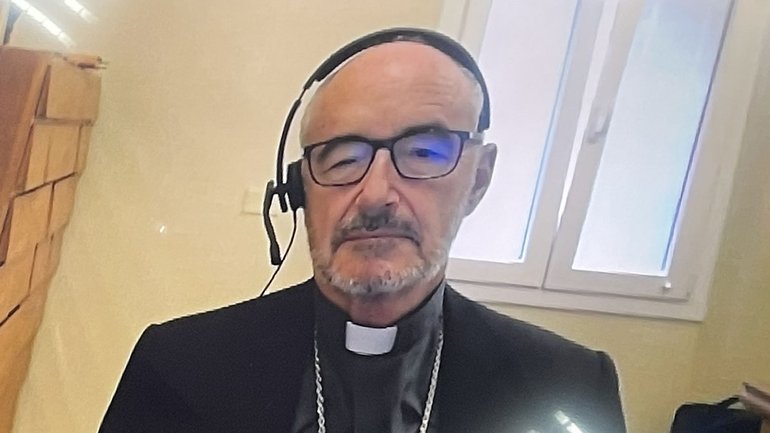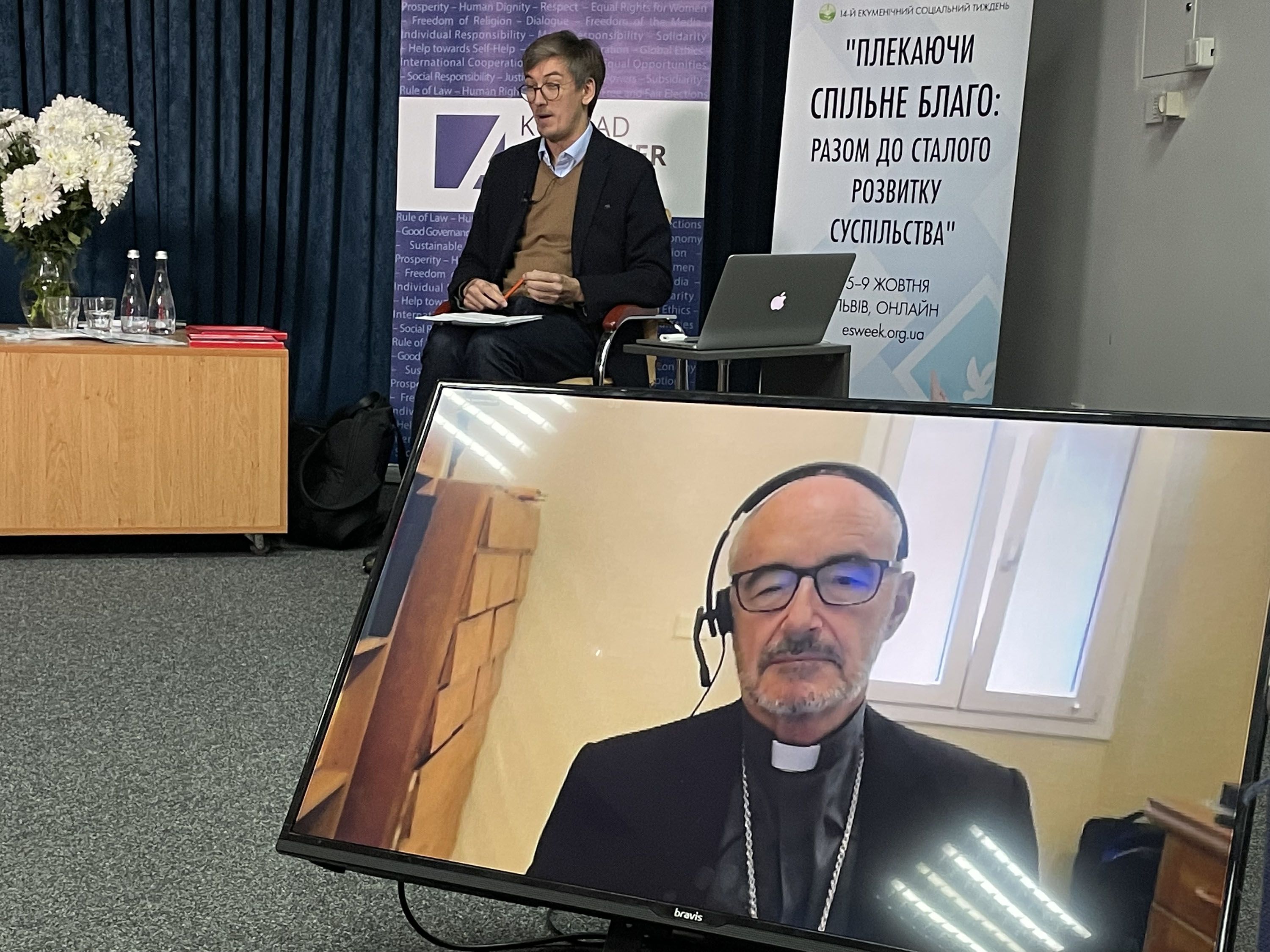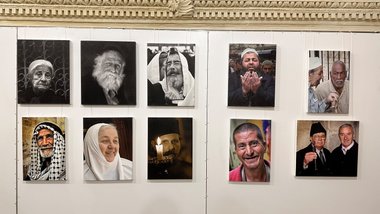"There is no real dialogue without respect for the other and their identity," - Cardinal Michael Czerny at social ecumenical week

"We see development and migration as intertwined because it is sustainable development that drives migration. They are often driven by a desire to find a better place to provide for themselves and their children. Unfortunately, the local population, thinking that they have nothing to do with migrants and, perhaps, feeling threatened, may be tempted to turn away from migrants," the cardinal said in the introductory part.
Michael Czerny named the main factors that affect the current migration processes in Ukraine. He referred, in particular, to the war in the Donbas, the annexation of Crimea and the economic downturn that they caused. Among the reasons are fundamental reforms at the state level: if they are not implemented properly, they risk becoming a factor in displacing certain groups of citizens. It should also be taken into account that a third of labor migrants are young people under the age of 35. This factor can affect national security and growth in the medium term.
"Migrants are the backbone of the Ukrainian economy. Private money transfers sent to Ukraine allow Ukrainian families to meet basic needs, including food, housing, education and healthcare. Exclusively from an economic point of view, Ukraine gets more advantages than disadvantages from migration. However, do not lose sight of the fact that the absence of parents working abroad - in most cases, the mother - can cause significant harm to the social and psychological development of children. Abandoned children are particularly vulnerable and need to be treated separately by public policy. Another touchy aspect is that women who return to Ukraine after completing their work abroad are often rejected by their families and left alone, often without means of subsistence and assistance," the cardinal said.
Development, according to Michael Czerny, is best measured by its impact on the common good, in which all components of society participate fairly. From Pope Francis' point of view, development can also be appreciated by how it embodies the all-encompassing ideal of human brotherhood and sisterhood. To be sustainable and holistic, development must include people in need, not only as beneficiaries but also as active participants or actors.
"The paradigm of fraternity, with its inclusivity, stability and comprehensive human development of the whole person, should be promoted at every level throughout the development process. The theme of human brotherhood is one of the main subjects that filigree pass through the entire teaching of Pope Francis. It began with his words immediately after the election: "Let us pray for the whole world that there will be a great spirit of brotherhood," the cardinal said.
The relationship between sustainable development and migration is also discussed in the pope's encyclical "Fratelli tutti". "All people are brothers"). Its main message and formal point of view see "us together" as a guide to building human fraternity for world peace and living together.
"In order to save humanity and its ideals, in order to implement God's creative plan, Pope Francis constantly invites everyone to spread and promote a culture of meeting, because solidarity and brotherhood are what makes our society truly human. To start building together, you need to slow down, be patient and careful in your comparisons, and invite those who are usually out of our sight to the table. Dialogue and contention in decision-making are becoming increasingly uncomfortable tools of the consumer economy," the cardinal said.
Politics is fundamental to the realization of universal brotherhood and social friendship. A separate section is devoted to it in the encyclical. The pursuit of peace, protection and acceptance of victims of aggression and persecution, and the promotion of justice and sustainable development must be central to those responsible for the future of countries in conflict. The vocation of politics is to serve and protect the common good, so trends of corruption and abuse of power should be avoided.
Dialogue is the basis for building a fraternal society. The lack of truthful dialogue and readiness for friendship, according to Pope Francis, always has harmful consequences, and only increases the conflict and exacerbates internal tension.
"Dialogue is often confused with a frenzied "exchange" of thoughts, which does not involve true knowledge of the other, but remains a fruitless strengthening of one's own positions. This is a style that has become dominant not only in the web, where aggressiveness and hatred find refuge in the faceless communication offered by social media but also in political debates, where the ability to dominate the enemy has become more important than the ideas one wants to express. There is no real dialogue without respect for the other, his identity and recognition of the legitimacy of a different way of thinking," the cardinal stressed.
According to Archbishop Michael Czerny, n the context of Ukraine it is important to be aware of the significant potential of the Ukrainian Diaspora – emigrants are an expressive resource for Ukrainian society and the national economy, so they should be taken into account properly by both politicians and all religious, social and academic forums. The first priority is to develop effective proposals for effective policies throughout the country for the reintegration of returnees. It is also important to take into account the interests and needs of Internally displaced persons, who are also awaiting integration and participation.
"The main contribution made by the Pope to our current topic is to teach us to cooperate without jealousy, without any frustrations or divisions, in order to build a fraternal society in which no one is excluded. Enriched by the diversity of each individual's gifts, we can connect our community with bridges, rather than separating them with walls, where "we can turn borders into a privileged meeting place and where 'we' in a broad sense will become a reality, "the cardinal concluded.

This year, Ecumenical Social Week brings together the representatives of the clergy of different faiths, businesses, government agencies, teachers and public activists around the topic of sustainable development. The program of the Ecumenical Social Week forum is available by following the link. You can register to participate here.










